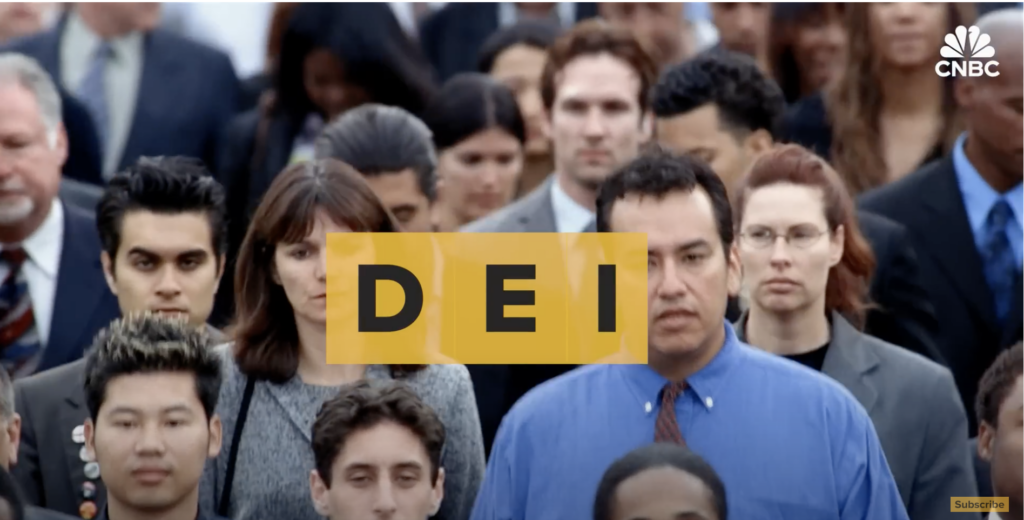Supreme Court upholds Idaho abortion law amid Biden administration lawsuit
The Supreme Court Allows Idaho Abortion Law to Take Effect
The Supreme Court has made a significant decision regarding an Idaho law that criminalizes performing abortions. Despite the upcoming hearing in April, the Court has allowed the law to be enforced immediately, even before weighing in on its constitutionality.
This development comes after a federal judge had previously blocked the implementation of Idaho’s “Defense of Life Act” due to a lawsuit filed by the Biden administration. The administration argued that the law violated the federal Emergency Medical Treatment and Labor Act. However, the Supreme Court’s decision now allows the law to be enforced while the case is pending.
Idaho Attorney General Raúl Labrador’s Response
“We are very pleased and encouraged by the Supreme Court’s decision today. The federal government has been wrong from day one. Federal law does not preempt Idaho’s Defense of Life Act. In fact, EMTALA and Idaho’s law share the same goal: to save the lives of all women and their unborn children. Today, the Supreme Court’s decision is a big step in stopping the administration’s lawless overreach. The people of Idaho have spoken with clarity on the issue of life,” said Idaho Attorney General Raúl Labrador.
The law stipulates that those who perform abortions can face imprisonment ranging from two to five years, as well as the suspension or revocation of their medical license.
In response to the Supreme Court’s decision, the White House claimed that the law denies women critical emergency abortion care required by federal law. The Biden administration argues that federal law should allow doctors to perform abortions in circumstances not permitted by state law.
The White House’s Statement
“The overturning of Roe v. Wade has enabled Republican elected officials to pursue dangerous abortion bans like this one that continue to jeopardize women’s health, force them to travel out of state for care, and make it harder for doctors to provide care, including in an emergency,” stated the White House.
CLICK HERE TO GET THE DAILYWIRE+ APP
The Alliance Defending Freedom, which played a role in appealing the decision to block the law to the Supreme Court, argues that the Biden administration aims to use the EMTLA to compel emergency room doctors to perform abortions.
ADF Senior Counsel Erin Hawley’s Statement
“The government has no business forcing doctors to harm their patients or violate their duty to provide life-saving care to all, including unborn children. We are proud to serve alongside the state of Idaho to ensure emergency room doctors can freely and safely serve women and their families,” said ADF Senior Counsel Erin Hawley.
Furthermore, the Supreme Court is expected to make a decision this year on a case involving mifepristone, the drug used in over half of all abortions.
What are the arguments made by proponents and opponents of Idaho’s abortion law
He performance of an abortion in Idaho is a felony offense, with exceptions only in cases where the mother’s life is at risk or in cases of rape or incest. It also allows private citizens to bring lawsuits against individuals who perform or aid and abet in an abortion in violation of the law.
The decision to allow the law to take effect showcases the conservative majority on the Supreme Court and highlights their inclination to restrict abortion rights. It is significant because it marks a departure from the Court’s usual practice of withholding judgement on a law’s constitutionality until it has undergone a thorough examination in lower courts.
Proponents of the law argue that it reflects the will of the people of Idaho, who they believe hold a pro-life stance. They view the law as an essential safeguard for the rights of unborn children and a means to protect the sanctity of human life.
On the other side of the debate, opponents argue that the law violates women’s reproductive rights and puts their health at risk. They assert that it interferes with a woman’s autonomy over her own body and restricts her access to safe and legal abortion services.
The Supreme Court’s decision to allow the law to be enforced while it is being challenged in court has generated significant controversy and alarm among abortion rights supporters. They fear that this decision may set a precedent that emboldens other states to enact similarly strict abortion laws, ultimately leading to the erosion of reproductive rights across the country.
The timing of this decision is also noteworthy, as it comes just months after the Court’s decision to hear a challenge to Mississippi’s ban on most abortions after 15 weeks of pregnancy. This case, which will be heard in the Court’s next term, will give the Court an opportunity to revisit the landmark 1973 Roe v. Wade decision that established a woman’s constitutional right to abortion.
As the battle over abortion rights continues to play out in the legal arena, it remains to be seen how this decision by the Supreme Court will impact the broader landscape of reproductive rights in the United States. The outcome of the upcoming hearing on the Idaho law and the Mississippi case will undoubtedly shape the future of abortion access and the balance between state and federal authority in regulating this contentious issue.
" Conservative News Daily does not always share or support the views and opinions expressed here; they are just those of the writer."





Now loading...